REGENERATIVE AGRICULTURE
Regenerative agriculture to us is an approach to farming that entails good ecological management that encourages a natural symbiotic relationship between all beneficial biology on the farm from microbes, to bacteria, fungi, plants, animals and humans.
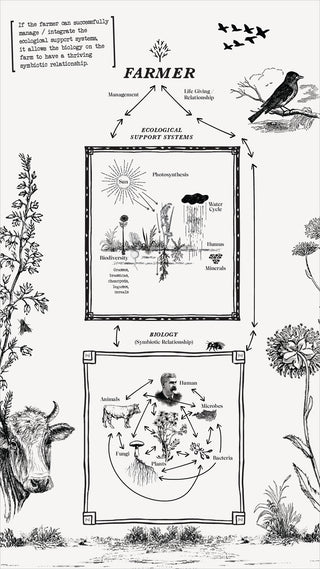
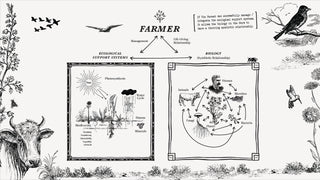
Regenerative farming optimises the undeniably powerful link between soil health, plant health, animal health and human health.
We believe it’s our job as the farmer to use intuition and practical methodology that works with nature to help build and manage ecological support systems such as humus, water cycle, mineral management, and biodiversity to help this symbiotic relationship to thrive. If the right decisions and methods of action are put in place, our farm will continue to progress towards becoming a healthier, more resilient and productive ecosystem.
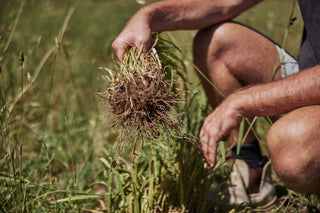
WHAT IS REGENERATIVE BEEF?
Regenerative grazing is a method of managing livestock in a way that promotes soil health, biodiversity and ecological resilience. Regenerative grazing uses livestock as a tool for improving ecological outcomes, but like any tool it is how it is used that determines the level of success attained for these outcomes.
At Highlands Natural, we use regenerative grazing techniques as a part of our holistic management plan to help ascertain the ecological outcomes for our farm.
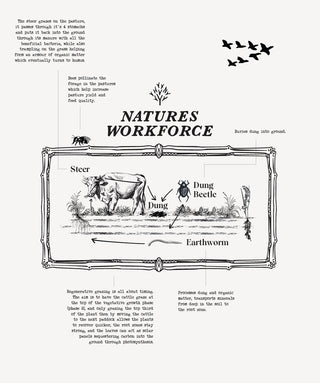
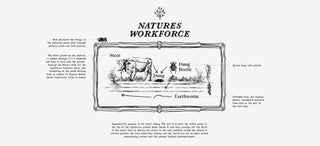
As consumers are now beginning to ask producers for more transparency on how their livestock is managed, soon it will be not just what they are grazing but also how they are grazing that will become as equally important. This will hopefully result in an increased demand for produce that is proven to be both beneficial for farm and human health.
The following regenerative grazing principles influence how we manage the livestock on our farm:







